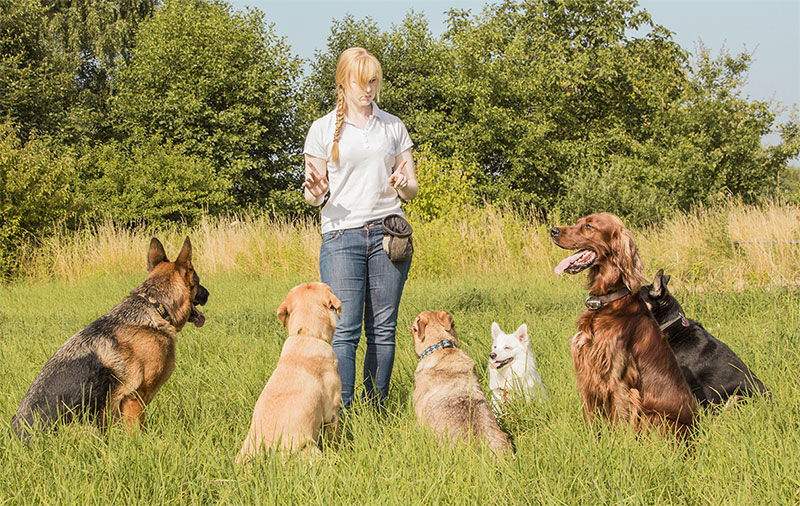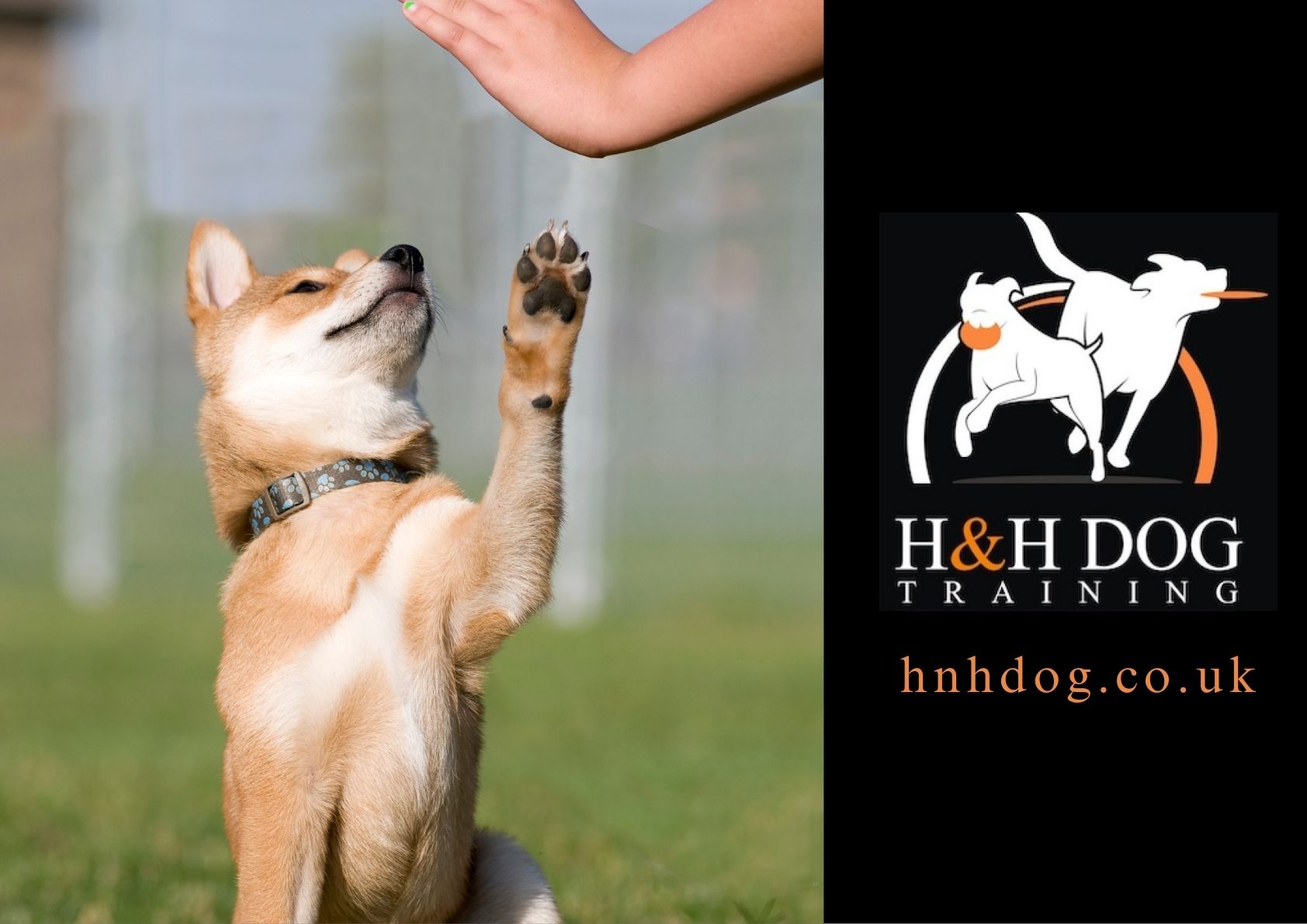The Ultimate Guide to Dog Training: Change Your Pet's Habits
Efficient dog training is essential for cultivating an unified connection between pet dogs and their proprietors. The complexities of canine actions and the application of structured training techniques play a crucial function in this process. By understanding the concepts of positive support, consistency, and socializing, family pet owners can browse typical challenges that develop during training. This overview not only intends to furnish you with the necessary devices to transform your pet's behavior yet likewise welcomes you to check out just how these foundational concepts can cause a deeper connection with your pet dog. What may be the primary step in this transformative trip?
Comprehending Pet Behavior
Recognizing pet actions is important for efficient training and an unified partnership in between pets and their proprietors. A dog's behavior is influenced by a combination of genetics, environment, and experiences. Dog training. Recognizing these elements enables owners to tailor their training approaches to meet the individual needs of their animals
Canines interact mainly with body language, vocalizations, and facial expressions. For example, a wagging tail can indicate exhilaration or joy, while a put tail might indicate worry or submission. Observing these cues makes it possible for proprietors to react properly, reinforcing positive actions and attending to adverse ones successfully.
In addition, understanding the social framework of canines can give insights right into their habits. Dogs are pack pets, and they thrive in an organized environment. Establishing constant regulations and clear limits can protect against confusion and advertise a sense of protection.
Furthermore, identifying the natural impulses of pets, such as the urge to go after or dig, is important. These reactions can be redirected with ideal outlets, such as play or exercise. By adequately understanding these behavioral elements, owners can foster a favorable training experience, inevitably bring about a loyal and well-adjusted canine companion.
Vital Educating Techniques
Effective pet dog training relies upon a variety of important methods that can significantly enhance the understanding process for both the proprietor and the pet dog. One basic technique is positive reinforcement, which involves gratifying preferable habits with deals with, appreciation, or play. This approach urges pets to duplicate the actions that lead to positive outcomes, fostering a trusting relationship between the pet and owner.
Another key technique is uniformity in commands and assumptions. Making use of the very same spoken hints and hand signals assists the canine comprehend what is required, reducing confusion and advertising quicker understanding. In addition, developing clear limits and guidelines is essential for effective communication.
Socializing is likewise a necessary element of training. Exposing dogs to various atmospheres, people, and other pets assists them develop proper social skills and decreases anxiety in strange circumstances.
Finally, patience and timing are essential. Training sessions should be quick however frequent, making sure that the dog continues to be involved and responsive. By employing these crucial methods, owners can develop a organized and positive training experience that advertises good actions and enhances the bond with their canine friends.
Producing an Educating Arrange
How can a well-structured training routine enhance a pet dog's learning experience? A training routine provides uniformity, ensuring that pet dogs obtain routine, concentrated instruction. This predictability assists pets comprehend what is anticipated of them, reinforcing their discovering and enabling much better retention of commands and actions.
When creating a training schedule, it is important to take into consideration the canine's age, type, and specific temperament. Young pups might take advantage of shorter, a lot more constant sessions, while adult canines might grow with longer, less regular training durations. Including a variety of activities can likewise maintain the sessions involving, protecting against boredom and promoting interest for discovering.
In addition, organizing training sessions at specific times of the day can help solidify a routine. Pairing training with daily strolls or playtime can create a positive organization with learning. It is also essential to include time for reinforcement, such as treats or praise, to compensate desired habits immediately.
Last but not least, adaptability is vital. While uniformity is crucial, being versatile to the canine's mood or energy level can boost their understanding experience. A well-crafted training timetable inevitably lays the structure for efficient communication and a stronger bond in between the pet and proprietor.
Typical Training Challenges
Regardless of having a well-structured training timetable, pet dog owners frequently encounter numerous obstacles during the training process. One usual problem is variance in cues and commands. When numerous household members make use of various terms or tones, a canine might come to be baffled, hindering its capacity to discover effectively.
An additional regular challenge is disturbance. Dog training. Canines are normally curious creatures, and outside stimuli such as various other animals, sounds, or people can divert their focus during training sessions. This calls for owners to develop a controlled setting or slowly present diversions to reinforce emphasis
Additionally, varying power levels can affect training outcomes. High-energy pet dogs might have a hard time to settle down and concentrate, while more laid-back types might require added motivation to involve. Tailoring the training technique to fit the specific canine's personality is important for success.

Building a Strong Bond
A strong bond in between a pet dog and its proprietor is essential for successful training and overall wellness. Dog training. This connection promotes depend on, which is critical for reliable interaction during the training process. When a canine feels protected and connected to its owner, it is more probable to respond positively to commands and cues
To build this bond, consistency is key. Establishing a regimen that consists of normal feeding, workout, and training sessions assists produce a sense of stability. In addition, favorable support methods, such as treats, praise, and play, reinforce wanted actions while reinforcing the psychological connection.
Socialization is an additional essential element of bond-building. more tips here Subjecting your canine to different settings, individuals, and other animals aids them really feel much more certain and comfortable, enhancing the bond with their proprietor. Participating in activities with each other, such as strolling, playing fetch, or participating in obedience training, advertises team effort and mutual satisfaction.
Final Thought

Comprehending pet behavior is necessary for effective training and a harmonious partnership in between canines and their proprietors.Reliable dog training depends on a selection of important methods that can substantially enhance the knowing procedure for both the dog and the owner.Regardless of having a well-structured training schedule, canine owners usually encounter various difficulties throughout the training procedure.In verdict, reliable dog training counts on an extensive understanding of canine habits, the application of necessary techniques, and the establishment of a structured training schedule. By highlighting positive reinforcement and consistency, pet dog proprietors can substantially boost their pet dogs' actions, inevitably ensuring an unified relationship and advertising the health of both the pet and its setting.